
Load from PC
Sample_Script 3_English
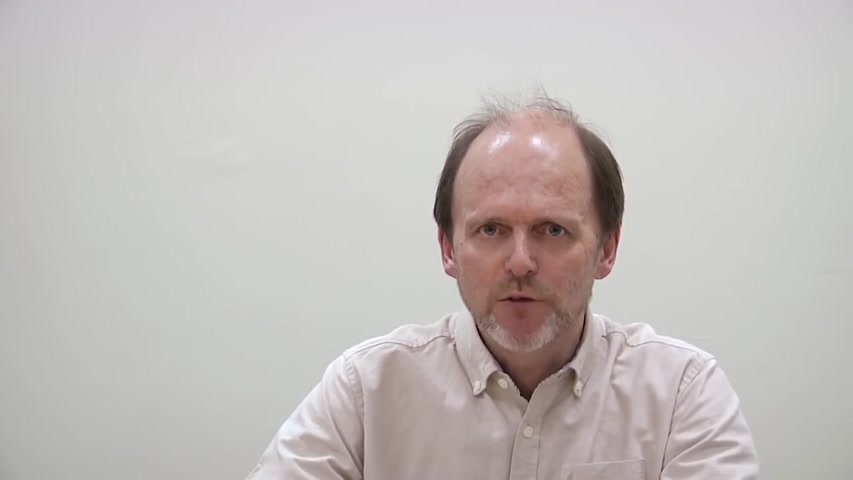
my name's Jeremy Monday , and I've worked in translation for some 20 years .
Um , but as a translator , uh , as a teacher and as a researcher , um , there are many definitions of translation , but , um , at its most basic , it's the written transfer of a text from one language to another .
Um , but it's also all about intercultural transfer and contact .
And in more recent years , the concept of translation has broadened to consider all different types of adaptation and version .
Uh , translation studies is the discipline which investigates translation .
Um , as far as translator .
Translator training goes , um , if you want to be a translator , what qualities do you need ?
Uh , there are quality skills and knowledge , which are really crucial .
Um , you need to know the source language , the language of the original , but also the culture of the original as well .
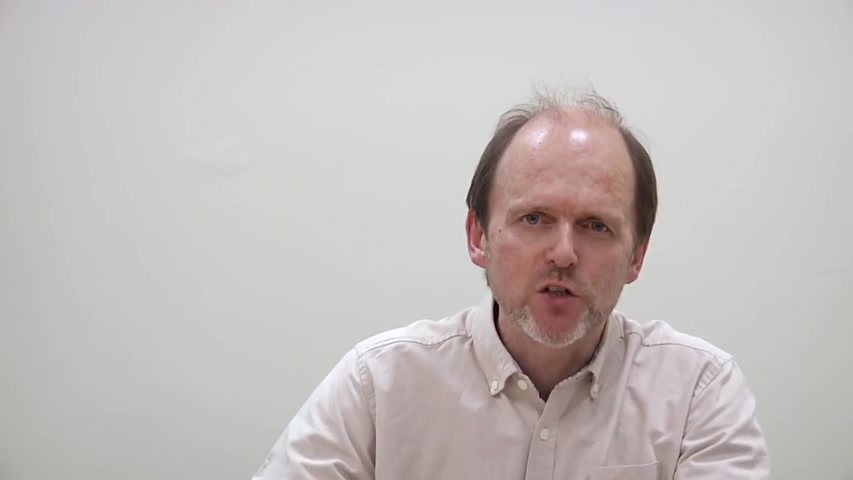
How do others think in those languages ?
What are the nuances , the connotations behind the wordings of the original ?
What is the force of particular choice of words and expressions or what's left unsaid ?
In the original , A translator needs a subject specific knowledge as well .
If you're translating a text about solar panels , you need to know the terminology in your language of solar panels and what to do if you don't know that particular word how to research it online in particular groceries , databases , et cetera .
You need to be brilliant in the language you're translating into into the target language , which is normally your first language .
But but not always .
Um , you need attention to detail , attention to detail in in the precision of your own writing .
But also attention to the proofing , the correction of little mistakes , the gauging of the of the equivalent of the target text compared to the source text is the quality there ?
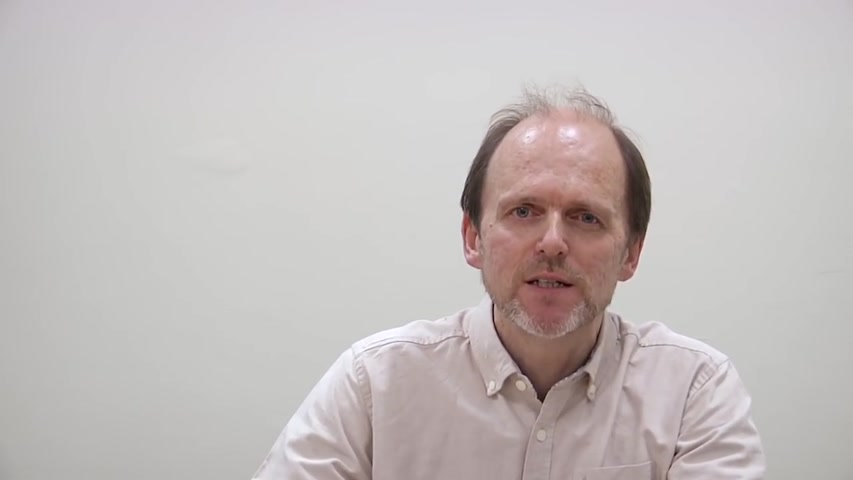
Does this mean what the source text means , and is it possible that it can mean the same thing ?
Um , you need , I would say , a knowledge of translation theory as well to know why you're doing what you're doing .
And here particular concepts come up again and again in translation studies .
So the , uh , the audience who the audience , What do they know ?
What do they need to know in the text ?
Uh , what's the genre of the text ?
If you're translating a technical text , you may be translating it very differently .
Compared to a literary text .
What's the purpose of the text ?
Um , and of the translation , is it for publication ?
Um , or is it just for information ?
Um , all of these things play an important role in deciding of the kind of translation you are going to produce and translation studies Research .
This is broadened out just as the definition of translation includes adaptation .

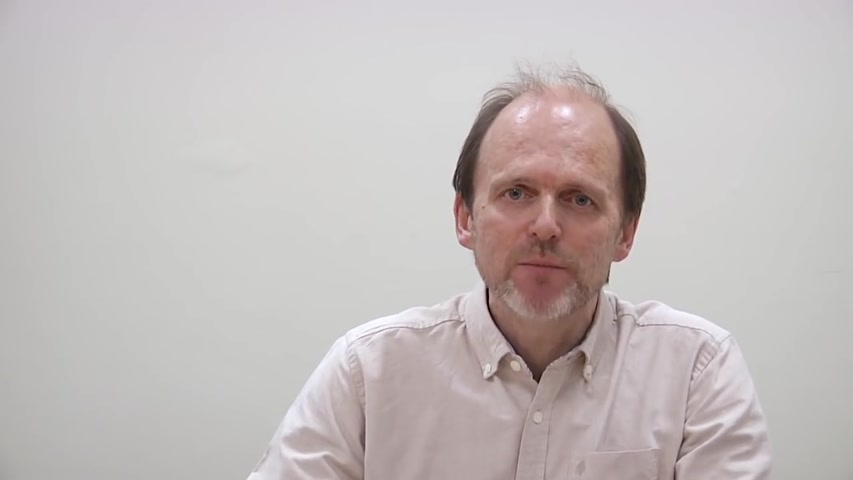
So translation studies research includes intering translation between two versions of the same language .
It includes all different sorts of adaptation of film , et cetera , and has expanded the subject .
The discipline of translation studies is expanded to incorporate increasingly sub disciplines of interpreting studies , audio visual translation studies , corpus based translation studies .
It's a growing area , um , and moving from linguistics to literary studies to cultural studies , the sociology and history of translation over the years , translation flows .
Why translation ?
Um so much is translated from English and so little relatively into English .
The questions of power , identity , migration .
The translator is an intervenor is not as a a transparent conduit of information but as a as an interested party in the in the communication process .
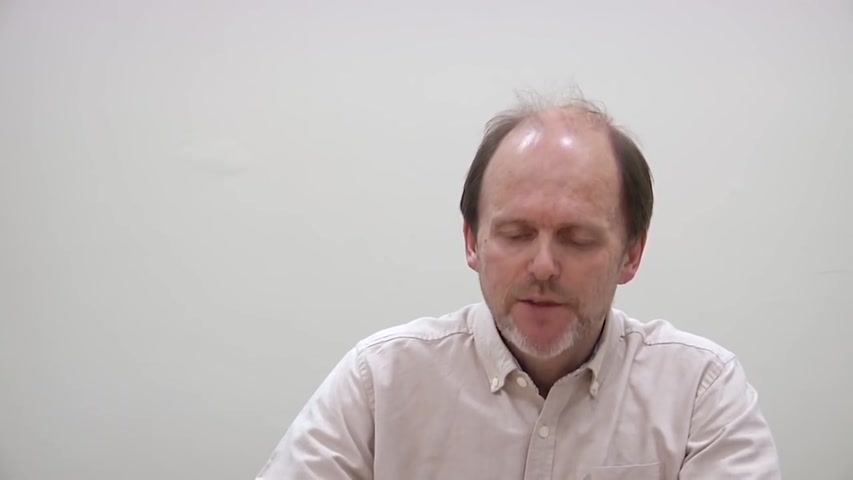
Sometimes biassed , the new technologies have changed as well .
Multimodality computer assisted translation tools , machine translation , graphic novels , social media .
So the field is expanding ever more .
And , uh uh , uh .
Research is ongoing in these different fields .
All around specific questions .
So what is translation ?
How can it be analysed ?
How do cultures interact ?
How did trans There's a translator operate .
And how does translation operate in different historical , um , circumstances ?
For me , this is what makes translation , um , one of the most exciting activities and one of the most challenging interdisciplinary research areas .
Are you looking for a way to reach a wider audience and get more views on your videos?
Our innovative video to text transcribing service can help you do just that.
We provide accurate transcriptions of your videos along with visual content that will help you attract new viewers and keep them engaged. Plus, our data analytics and ad campaign tools can help you monetize your content and maximize your revenue.
Let's partner up and take your video content to the next level!
Contact us today to learn more.